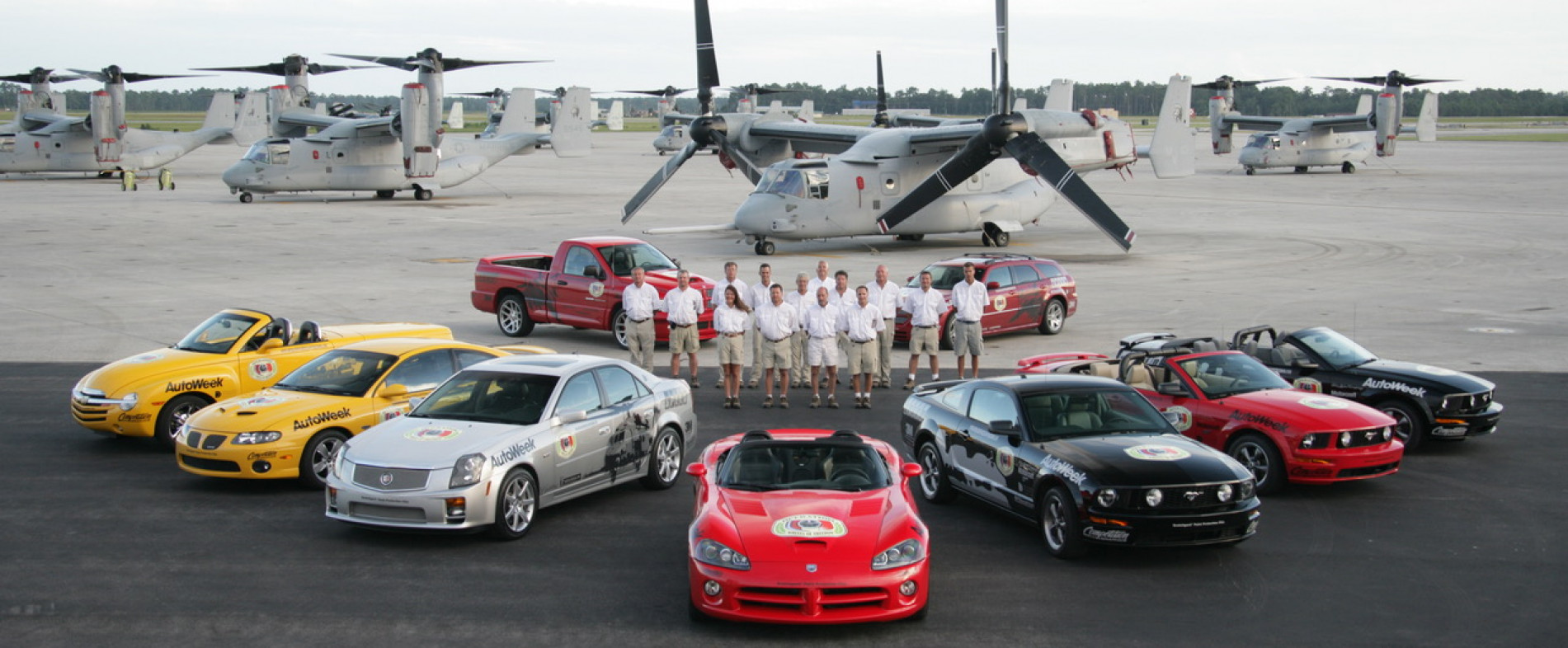

Dear Supporters,
It is with no small regret, that the founding members of the Operation Wheels of Freedom Foundation (OWOFF) announce the conclusion of our motor vehicle safety education initiative for the US Armed Forces, effective December 31, 2023.
Our OWOF team takes pride in the powerful experiential motor vehicle safety education we have provided. But, despite the continued need and demand for this unique and proven successful service personnel safety program, our continued year-on-year need for the necessary funding has proven to be insurmountable. Regrettably, this program departure can only exacerbate the on-going, and often tragic outcomes of off-duty motor vehicle accidents within the ranks of all branches of the US military.
Over the last two decades, the Foundation has been fortunate to receive substantial program support from select professional motorsports personnel, volunteers, team members, US military personnel, corporate partners, industry insiders, and private citizens. We extend our heartfelt gratitude to all those who contributed their time, materials, and funding, benefiting the military attendees and their families. Thank you sincerely.
The pervasive issue of personal motor vehicle accidents among active military service personnel remains a stark reality. OWOFF personnel remain steadfast in our collective commitment to actively help reduce traffic fatalities and injuries among our nation’s servicemen and servicewomen. For more information about our mission and recent charitable endeavors for at-risk active military service members, please contact us.
Sincerely, David Muyres & the Operation Wheels of Freedom Foundation Leadership Team
Please direct any questions regarding our history and past activities to: dmuyres@owoff.org
